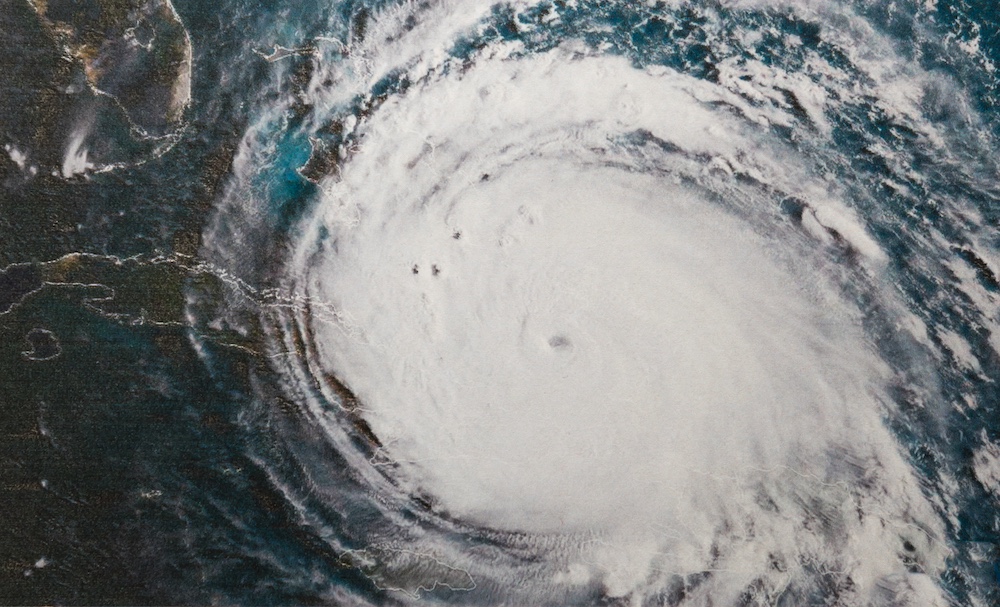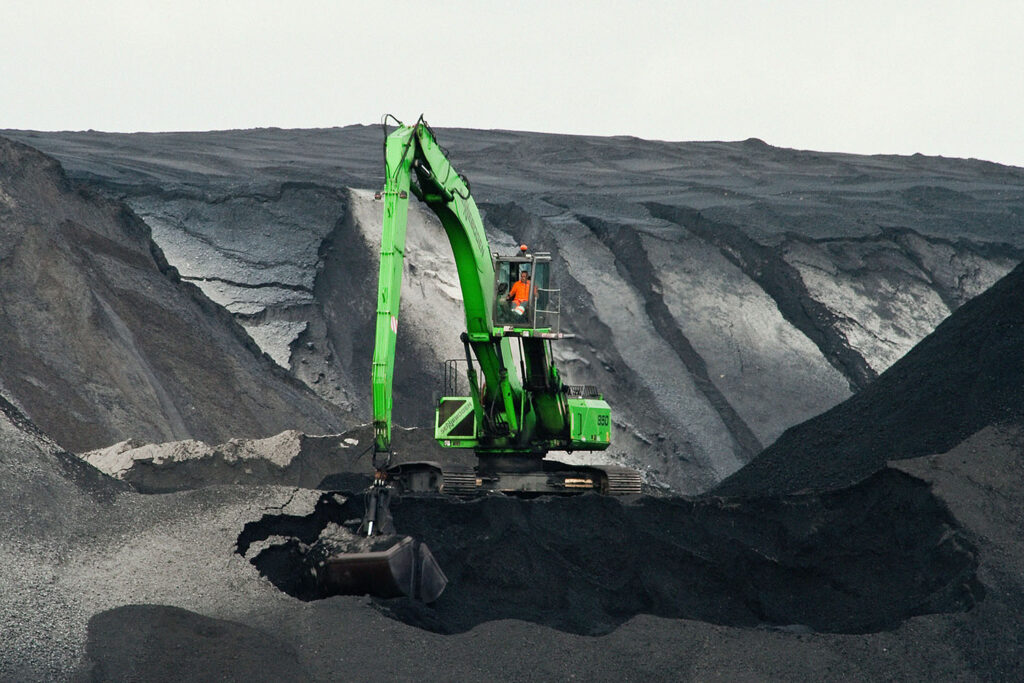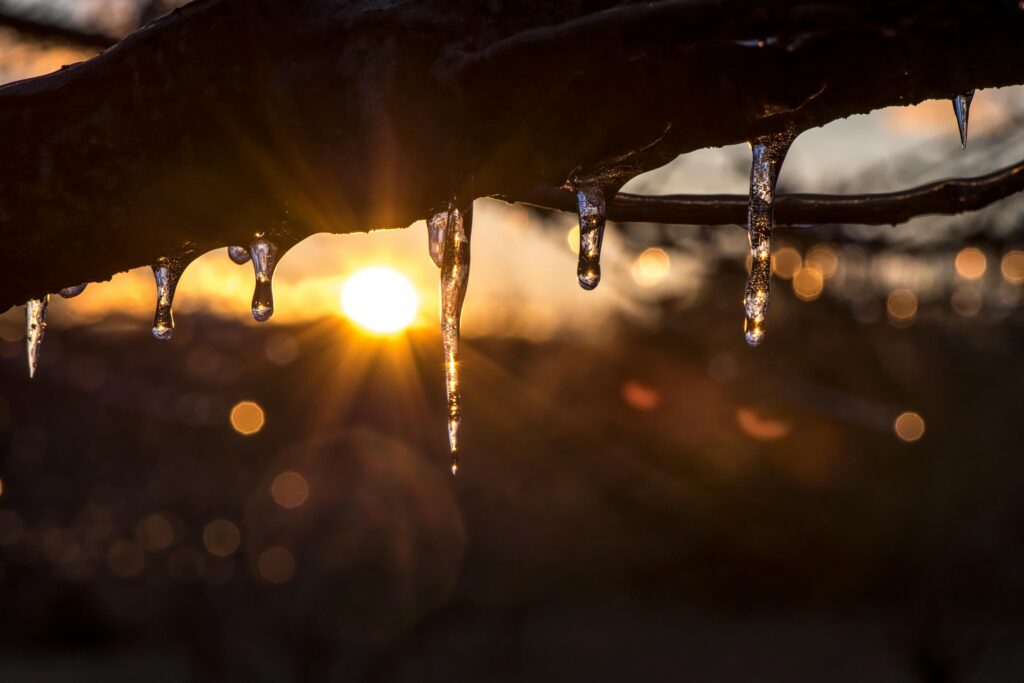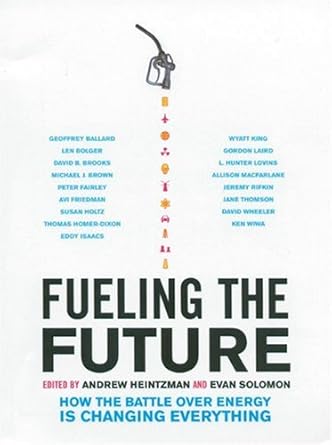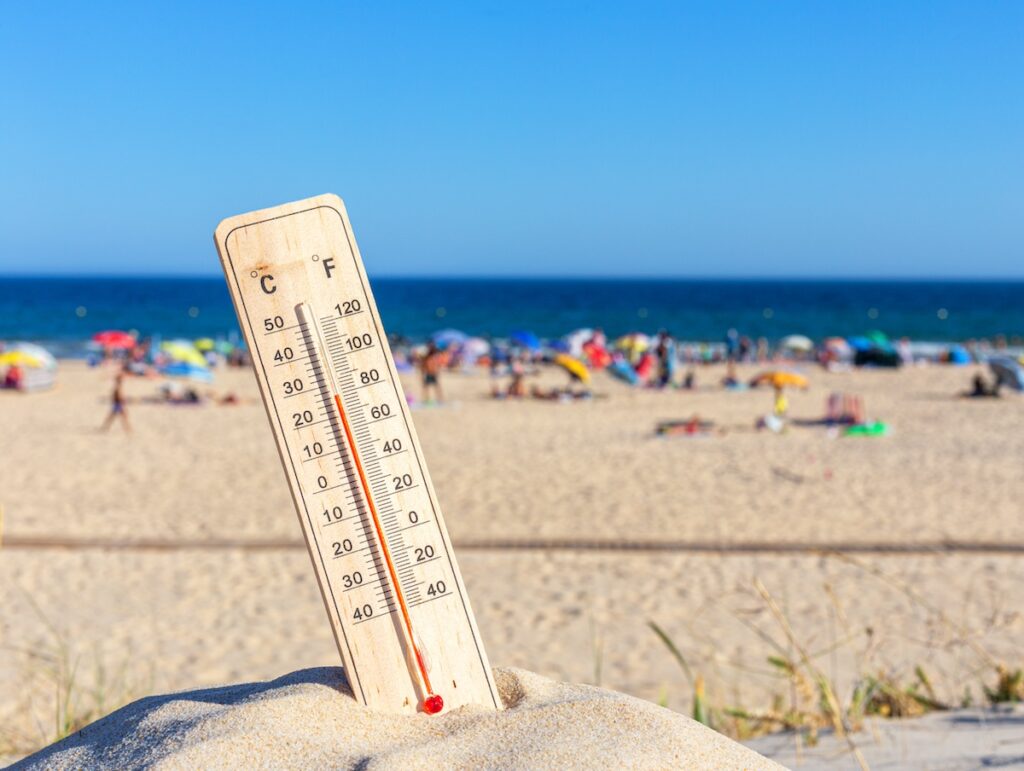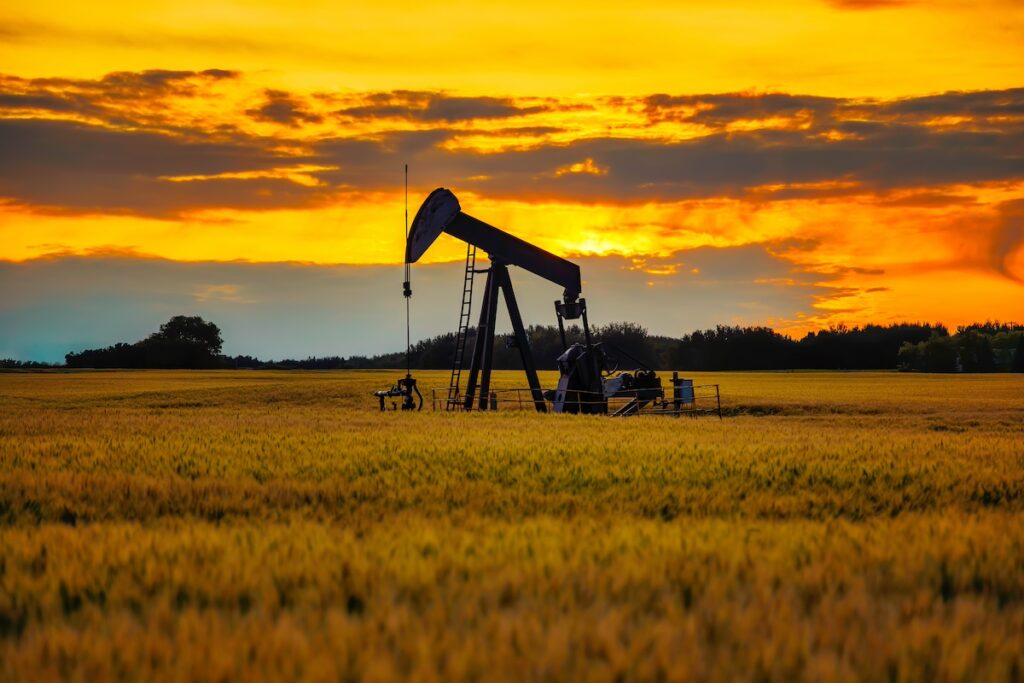Ahead: More – and Worse – Katrinas
The science of climate change is the kind of topic that gives journalists great difficulty. As they bounce from issue to issue in our info-glutted world, they aren’t able to explore each one in depth or develop detailed expertise about a subject. So when it comes to complex scientific problems, journalists tend to cherry-pick findings and cite opinionated statement by outspoken researchers. Context and nuance are lost. And in the case of research on the links between global warming and hurricanes, context and nuance are everything.
